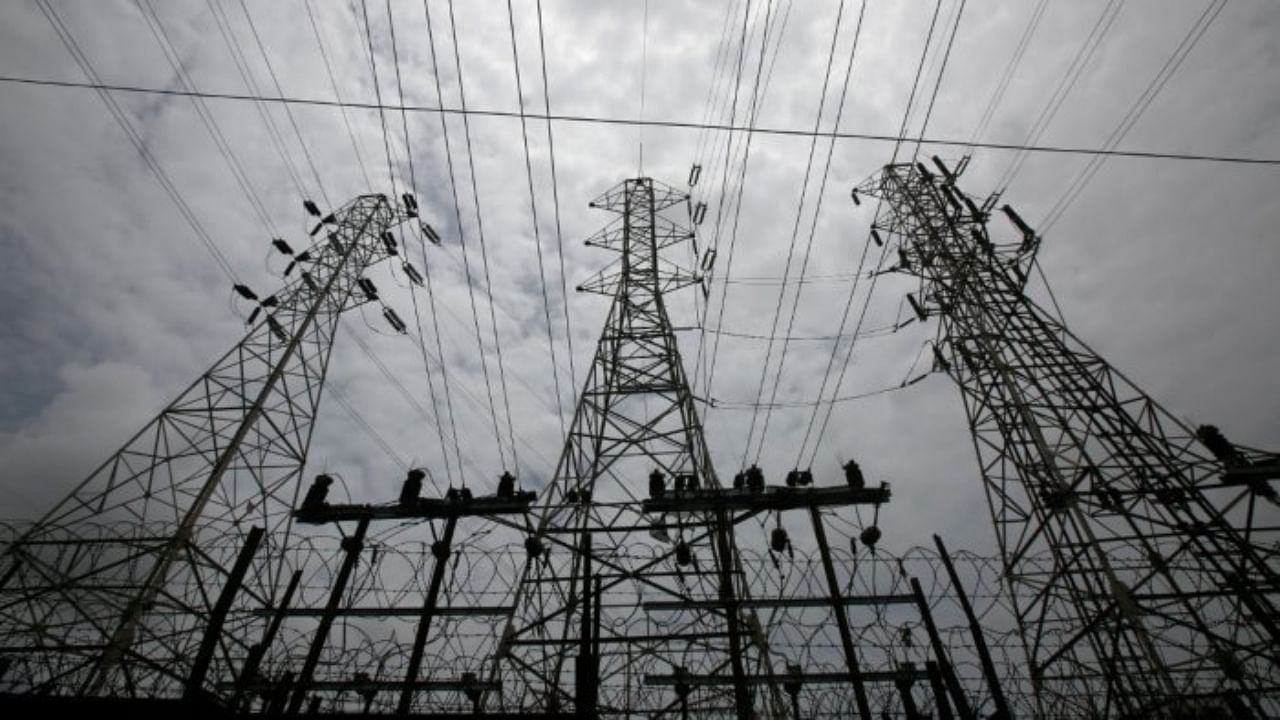
A village along the Golaghat-Wokha border remains without basic amenities, like electricity connection, as it is caught in a tug of war between Assam and Nagaland with both states claiming ownership over the land.
Some distance away, the last stretch of road connecting the two states depicts a picture of neglect, as it, too, is trapped in the border dispute between these two neighbours.
The village is inside the Nagaland Seed Farm premise, which is located in a disputed area in Merapani with Assam claiming the land to be under its Golaghat district and Nagaland, claiming it as part of the Wokha border.
“We are caught in this struggle for control between the two states and are deprived of even basic amenities. We don’t have any power connection, motorable roads or potable water,” a resident Sajjan Bhengra told PTI.
He said both Assam and Nagaland governments had tried to provide electricity connection several times and even poles were erected.
But since it comes under the disputed area, both governments have to take the consent of their counterpart for any developmental activity and each time, the other government put a spanner when one tried to provide electricity, Bhengra alleged.
The people are voters of Golaghat constituency in Assam, but the area where they live is within the demarcated premise of a Nagaland seed farm.
Established a few years after Nagaland was carved out of Assam, the farm is located in the middle of villages of Assam and the entire area is designated as a ‘disputed area’, where CRPF is deployed to ensure law and order.
Sushila Baga, another villager, said she had mentioned the plight of the villagers before their local MLA Ajanta Neog, who is the Finance minister of Assam, more than once.
“Ajanta ‘baidew’ (elder sister) comes for meetings in nearby areas. I had myself told her that we don’t even have a power connection. She assured me of taking it up with Nagaland but nothing has happened yet,” she lamented.
Baga added that about 30-40 families in their village were given Rs 7,000 each by Neog for installing solar lights, but almost all of them ended up using the money for other urgent requirements.
Third-generation settler Purba Kurwa pointed out that the children were not being able to pursue their education due to a lack of connectivity.
“We did not get the opportunity to study and are now earning through menial labour. Now, even our children are being deprived of that opportunity. The condition of our village has been almost unchanged since our grandparents first settled here,” he said.
Families, belonging to the Adivasi community, had come as workers when the seed farm was being set up, Somnath Subba, an elderly businessman of a nearby village said.
“We see the difficulties these people face with no roads, bridges or electricity. We request the governments of both the states to sit together and devise a way to provide them with these basic facilities,” he added.
A 800-metre stretch connecting Golaghat and Wokha, about 8 km from the village, is also caught in this dispute between the two neighbours, with none of them willing to allow the other to repair it.
Karim Ali, who runs a tea stall beside the road, said it was constructed around 1985 when the dispute between the two states had turned bloody and several people, including Assam Police personnel, were killed.
“There is severe water logging during the rainy season. And during the dry season, it gets so dusty that we have to sprinkle water so that we may sit in our shops,” he added.
A local official said Nagaland has been willing to repair the stretch but the peace committee of Assam has refused to allow it.
“There is a fear that if Nagaland constructs the road, it will claim ownership of the area,” the official, who wished not to be named, claimed.
The inter-state boundary dispute erupted after Nagaland state was carved out of Assam in 1963. The two states share a 512.1 km-long border.
The Nagaland State Act of 1962 had defined its borders according to a 1925 notification when Naga Hills and Tuensang Area (NHTA) were integrated into a new administrative unit and made an autonomous area.
Nagaland, however, did not accept the boundary delineation and demanded that the new state should comprise the Naga Hills and all Naga-dominated areas in Assam's then North Cachar and Nagaon districts, which were part of Naga territory, created by the British according to an 1866 notification.
Since Nagaland did not accept its notified borders, tensions between Assam and Nagaland soon flared up resulting in the first border clashes in 1965 and this was followed by major clashes between the two states along the border in 1968, 1979, 1985, 2007 and 2014.
The Assam government had filed a case in the Supreme Court for the identification of boundary and resolving border disputes which are still pending.